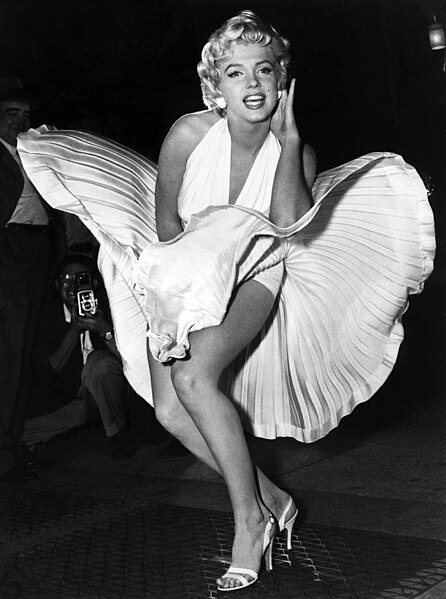Public places often have regulations to ensure safety, cleanliness, and cultural respect, leading to some surprising bans. From chewing gum in Singapore to flip-flops in Capri, these odd prohibitions reveal unique societal priorities and concerns. Exploring these unusual restrictions offers a fascinating glimpse into how different countries balance modern life with tradition, safety, and environmental protection. Here are 20 of the oddest items ever banned from public places around the world.
Chewing Gum – Singapore

Singapore is famously strict about cleanliness, leading to the banning of chewing gum in 1992. The ban was introduced to prevent gum litter in public spaces, particularly on public transport and sidewalks. Offenders can face hefty fines for possession or sale of chewing gum. Exceptions are made only for therapeutic gum, such as nicotine gum, but even that requires a doctor’s prescription. This law remains one of Singapore’s most unique and globally recognized regulations.
High Heels – Ancient Sites in Greece

To protect the integrity of ancient monuments and archaeological sites, Greece has banned visitors from wearing high heels. The sharp points of high heels can cause significant damage to the fragile structures and flooring of historical sites. This rule ensures that the wear and tear on these ancient sites is minimized. Visitors are advised to wear flat, soft-soled shoes when exploring these historical areas. This ban highlights the country’s dedication to preserving its rich cultural heritage.
Kinder Surprise Eggs – USA

Kinder Surprise Eggs are banned in the United States due to a regulation that prohibits embedding non-nutritive objects within food products. The concern is that the small toys inside these chocolate eggs could pose a choking hazard to children. Despite being popular in many other countries, the U.S. has maintained this ban since the 1930s. Many travelers from the U.S. are surprised to learn about the global fondness for these treats. This ban is a classic example of strict safety regulations impacting seemingly innocuous items.
Feeding Pigeons – Venice, Italy
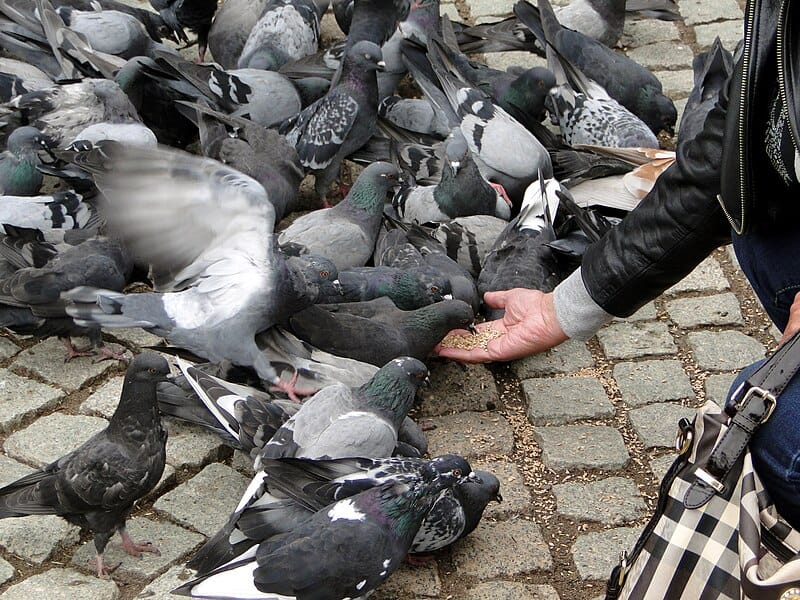
In an effort to preserve the city’s historic buildings and public health, Venice has banned feeding pigeons in St. Mark’s Square and other public areas. Pigeon droppings are highly corrosive and can cause extensive damage to the city’s marble statues and structures. Additionally, large pigeon populations pose health risks to residents and tourists. Violators of this ban can be fined, encouraging visitors to admire the birds from a distance instead. This regulation reflects Venice’s struggle to balance tourism and conservation.
Plastic Bags – Kenya
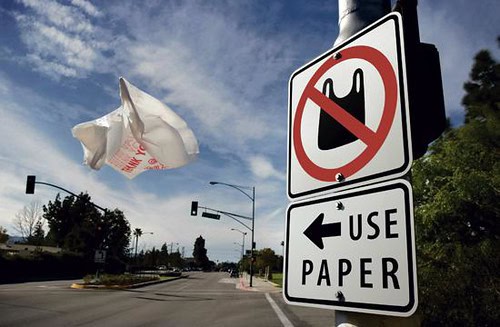
Kenya introduced one of the world’s strictest bans on plastic bags in 2017. The law prohibits the use, manufacture, and import of plastic bags, with severe penalties for violators, including hefty fines and even jail time. This ban aims to reduce environmental pollution and protect wildlife, particularly marine animals. Since the implementation, there has been a significant reduction in plastic waste, showcasing the effectiveness of such rigorous measures. Kenya’s commitment to environmental protection is evident through this stringent policy.
Public Displays of Affection – UAE
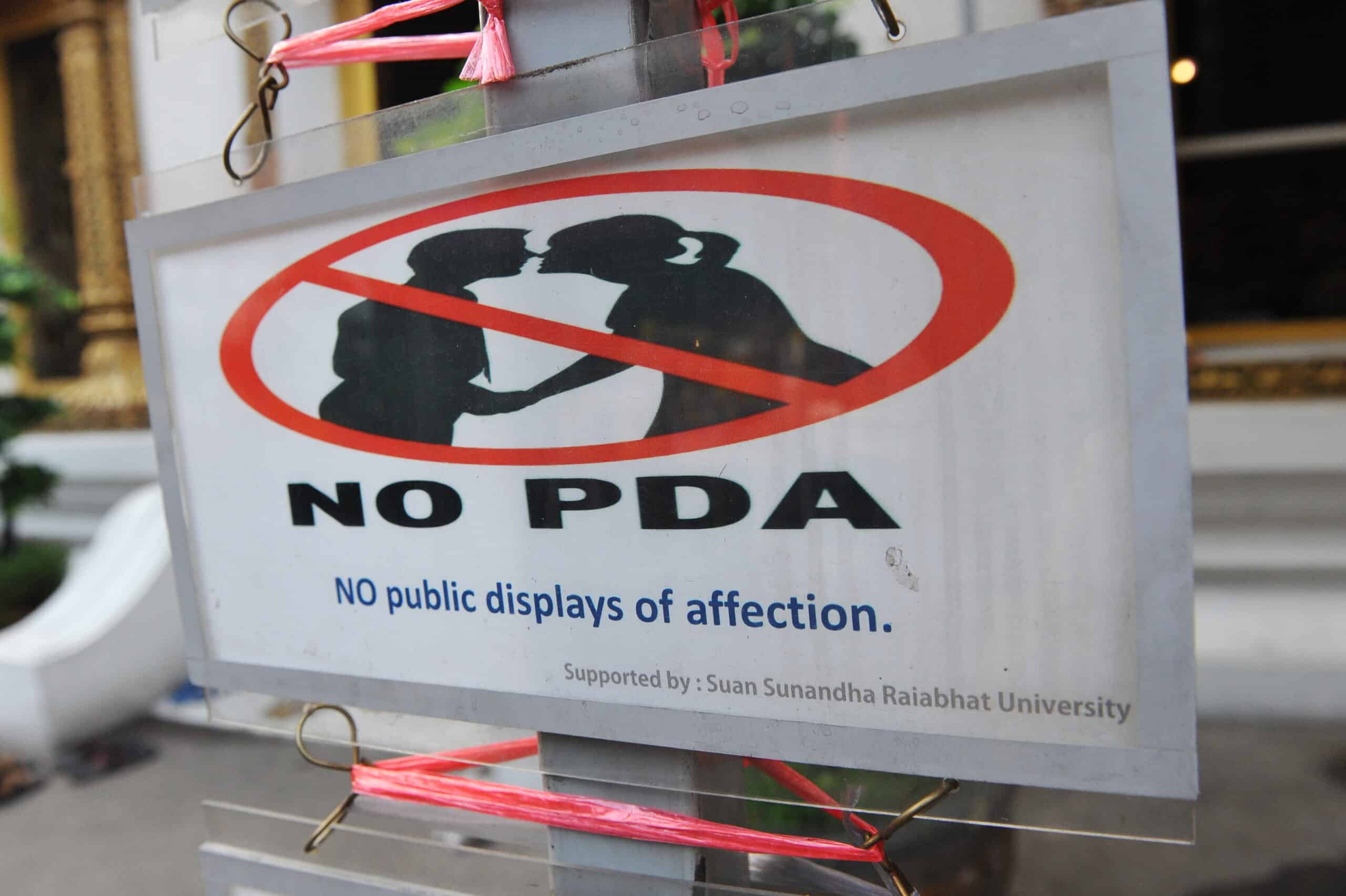
In the United Arab Emirates, public displays of affection, such as kissing and hugging, are considered indecent and are banned in public places. The UAE’s conservative cultural and legal framework mandates modesty and discretion in public behavior. Tourists and residents alike must adhere to these norms to avoid fines, deportation, or even imprisonment. This regulation ensures that public decorum aligns with the country’s cultural values. Visitors are often reminded to respect local customs to avoid legal issues.
Spitting – Various Cities in China
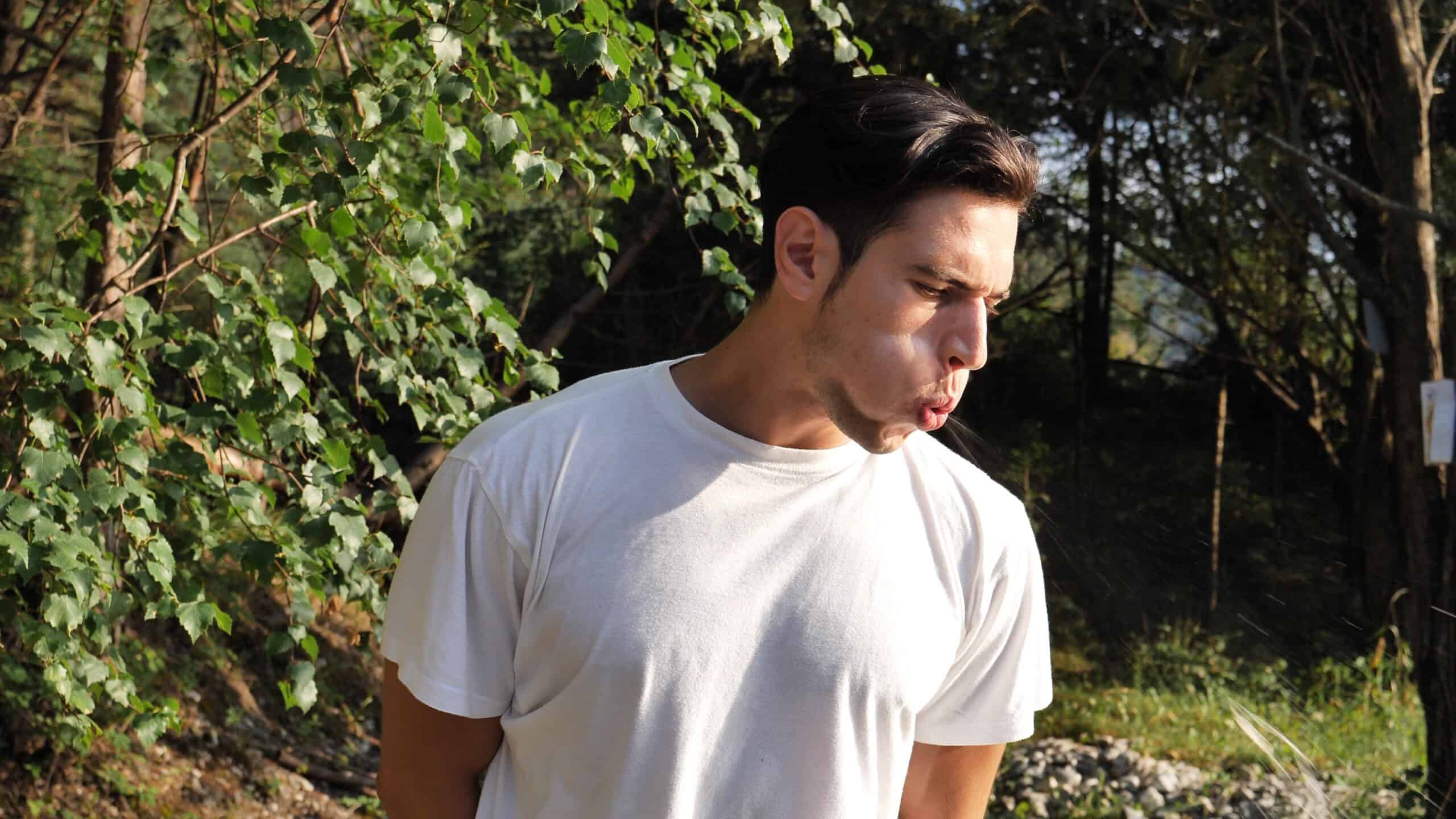
To curb the spread of diseases and maintain public cleanliness, several cities in China have implemented bans on spitting in public places. This regulation was especially enforced during health crises such as the SARS outbreak. Offenders can face fines and are often subject to public education campaigns about hygiene. These measures reflect China’s efforts to promote public health and hygiene standards. The ban on spitting has been pivotal in reducing the transmission of respiratory infections.
Drones – Morocco

Morocco has imposed a ban on the import and use of drones due to security concerns and privacy issues. The government aims to prevent the unauthorized surveillance and potential misuse of drones for illegal activities. This regulation affects both tourists and residents, who must obtain special permits for drone usage. Despite the ban, Morocco remains a popular destination for photography enthusiasts who find alternative ways to capture its beauty. The drone ban underscores the nation’s priority on security and privacy.
Small Bikes – New York City Subway
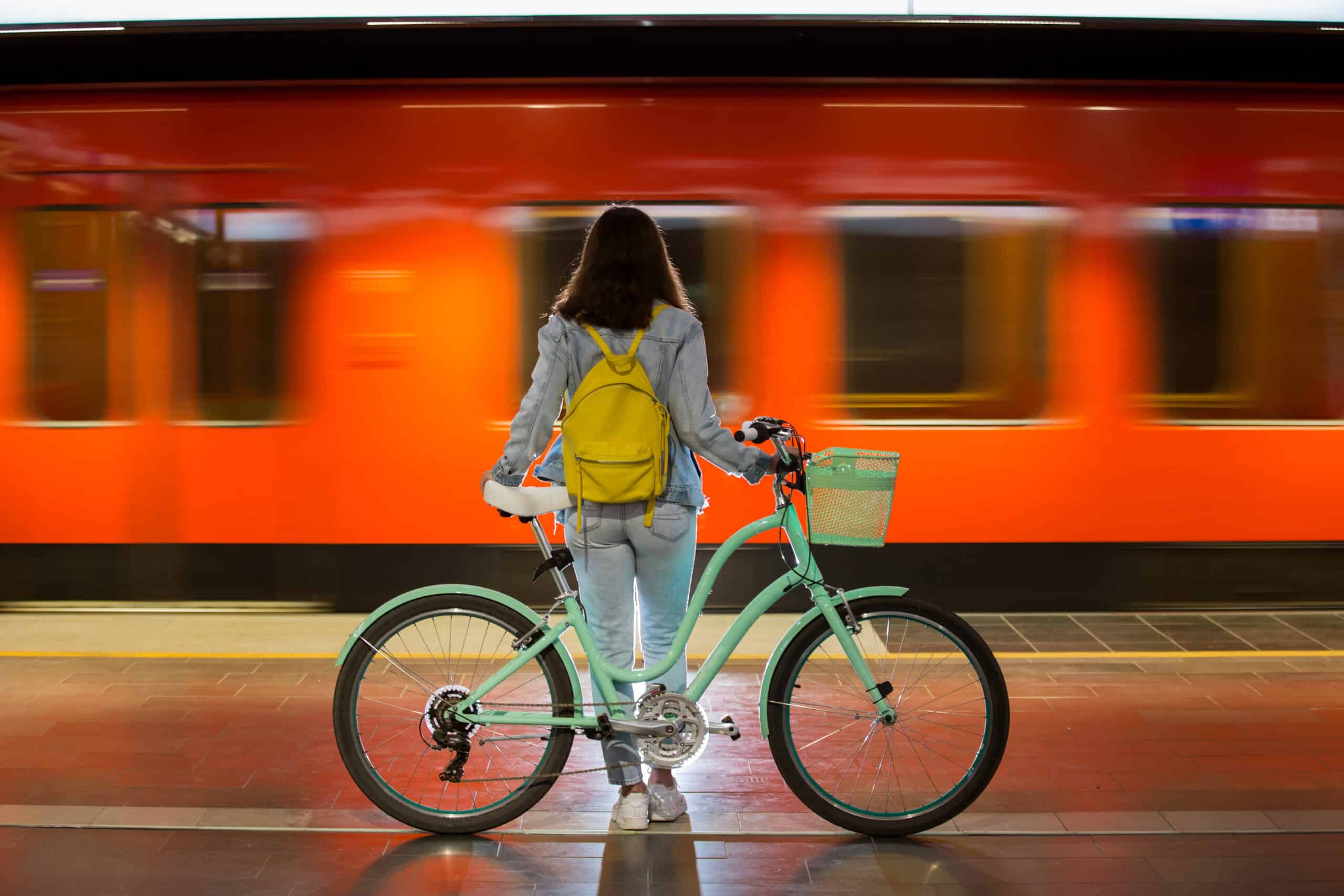
To prevent overcrowding and ensure passenger safety, the New York City subway system has banned the carrying of small bikes on trains during peak hours. This rule aims to minimize disruptions and maintain smooth operations in one of the world’s busiest transit systems. Riders can still transport small bikes during off-peak hours, provided they do not obstruct pathways. This regulation highlights the city’s efforts to balance commuter convenience with operational efficiency. Public transport users must plan accordingly to comply with this rule.
Wearing Camouflage – Caribbean Nations

In several Caribbean countries, including Barbados and Jamaica, wearing camouflage clothing is strictly prohibited for civilians. This ban is intended to prevent confusion with military personnel and maintain public order. Tourists are often unaware of this regulation and can face fines or have their clothing confiscated. The ban reflects the region’s unique approach to maintaining security and distinguishing military from civilian populations. Visitors are advised to check local dress codes before traveling.
Playing Musical Instruments – Public Transport in Australia
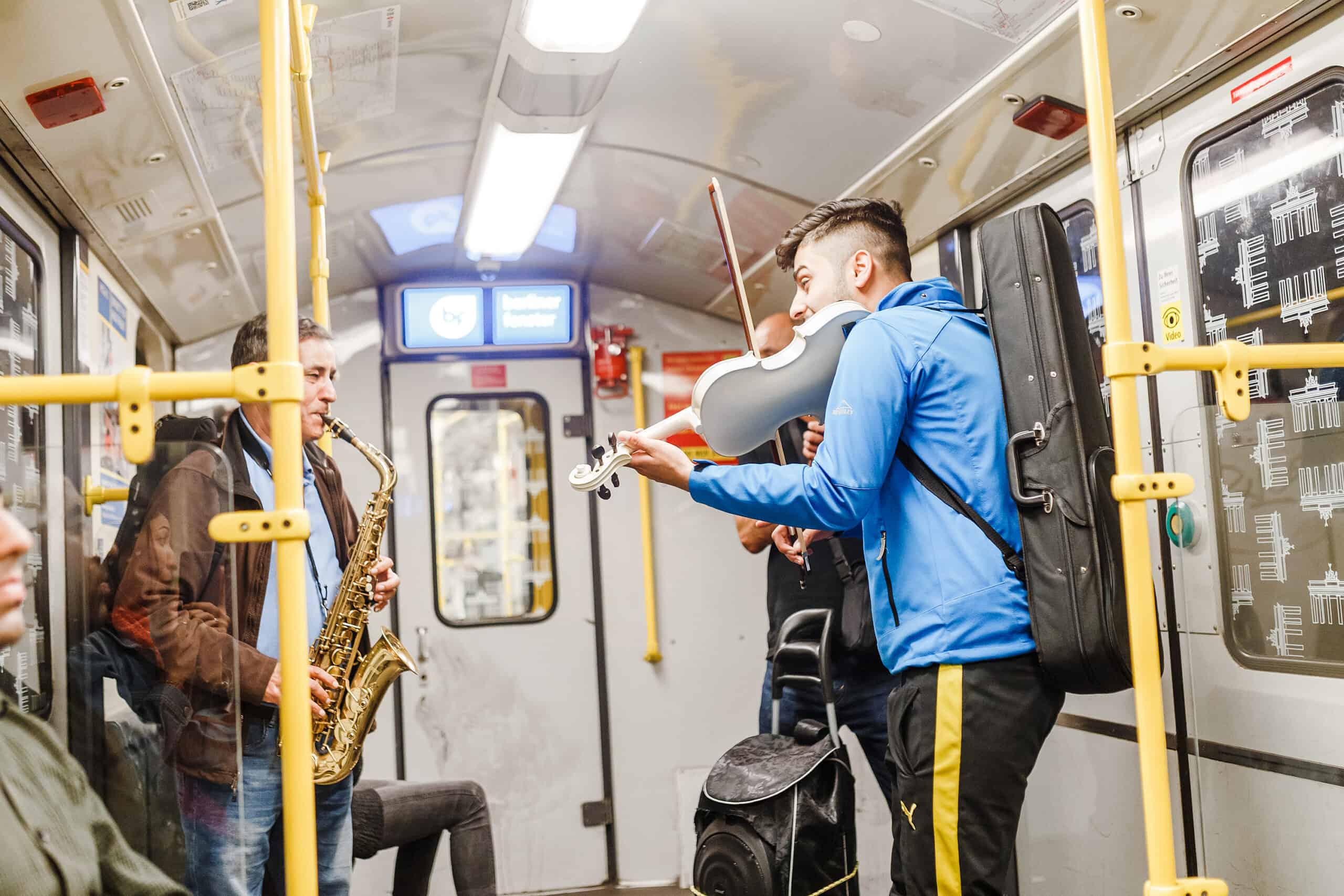
To ensure a peaceful commute for passengers, various Australian cities have banned playing musical instruments on public transport. This regulation helps maintain a quiet environment, allowing commuters to travel without unnecessary noise disturbances. Offenders may face fines or be asked to leave the vehicle. This ban underscores the importance of considerate behavior in shared public spaces. Musicians must find alternative venues to showcase their talents.
Headphones While Crossing Streets – Honolulu, USA
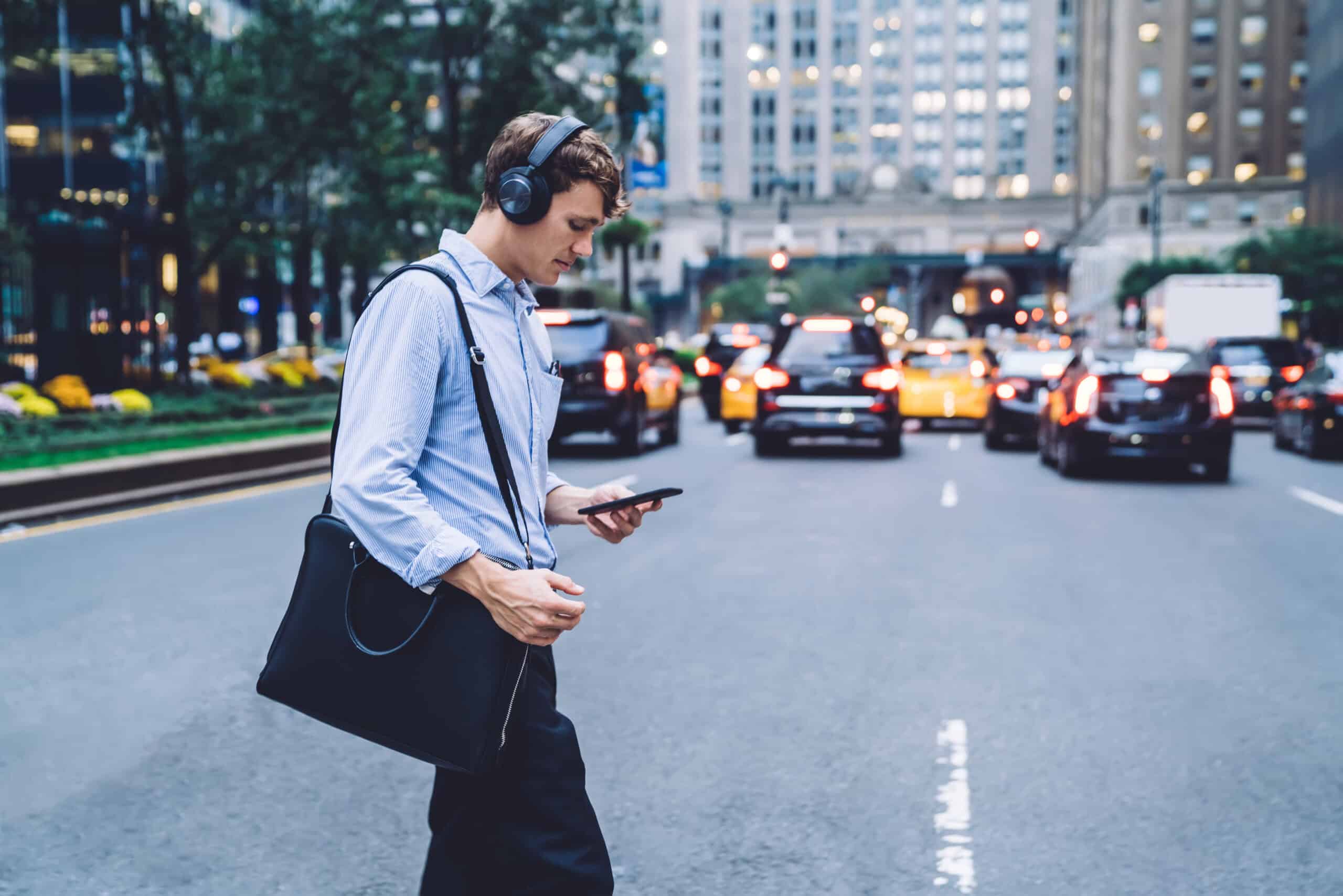
Honolulu has implemented a unique ban on using mobile phones and wearing headphones while crossing streets to enhance pedestrian safety. This “Distracted Walking Law” aims to reduce accidents caused by inattentive pedestrians. Violators can receive fines for failing to adhere to this safety measure. The regulation highlights the city’s proactive approach to pedestrian safety. Residents and visitors alike must stay alert while navigating Honolulu’s streets.
Flip-Flops – Capri, Italy
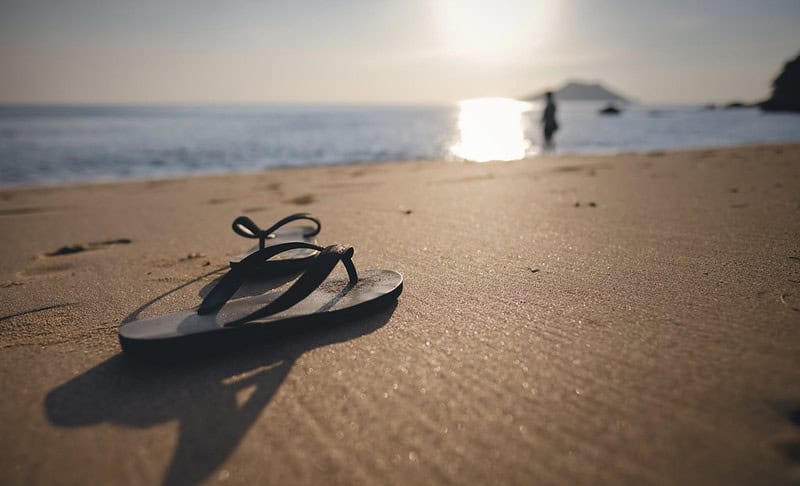
On the island of Capri, flip-flops and other noisy footwear are banned to preserve the tranquil atmosphere. The regulation aims to reduce noise pollution and maintain the island’s serene environment for both residents and tourists. Violators may face fines, encouraging visitors to opt for quieter, more suitable footwear. This ban reflects Capri’s commitment to providing a peaceful experience for all. The unique rule adds to the charm of this picturesque destination.
Selfie Sticks – South Korea
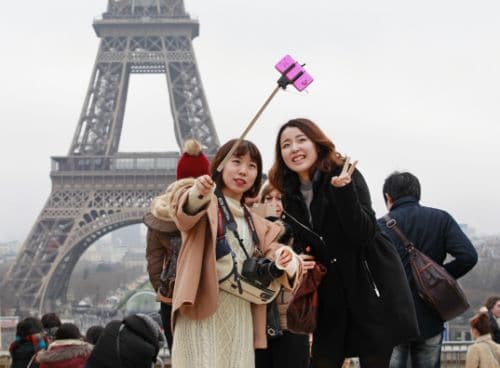
To prevent accidents and ensure public safety, South Korea has banned the use of uncertified selfie sticks that can interfere with electronic signals. The regulation is part of a broader effort to manage the risks associated with these popular devices. Violators can face fines or have their selfie sticks confiscated. Certified selfie sticks that meet safety standards are still permitted. This ban demonstrates the balance between accommodating modern trends and ensuring public safety.
Running – Swimming Pools in Germany

In Germany, strict rules prohibit running around swimming pools to prevent accidents and ensure the safety of all swimmers. Lifeguards strictly enforce this regulation, often blowing whistles at offenders. The rule aims to reduce the risk of slips, falls, and subsequent injuries. This regulation highlights Germany’s commitment to maintaining high safety standards in public recreational areas. Swimmers are encouraged to walk carefully around pool areas.
Burqa – Various Countries in Europe
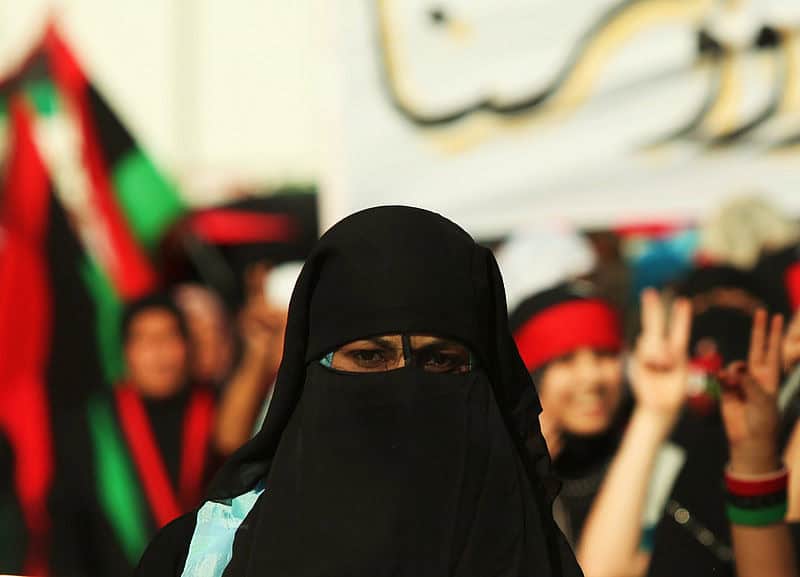
Several European countries, including France and Belgium, have banned the wearing of burqas and other face-covering veils in public places. The ban is part of broader secular policies aimed at promoting social integration and public safety. Violators can face fines and are often required to attend citizenship courses. This regulation has sparked significant debate regarding religious freedom and national identity. The burqa ban remains a contentious issue across Europe.
Mannequins – Iran
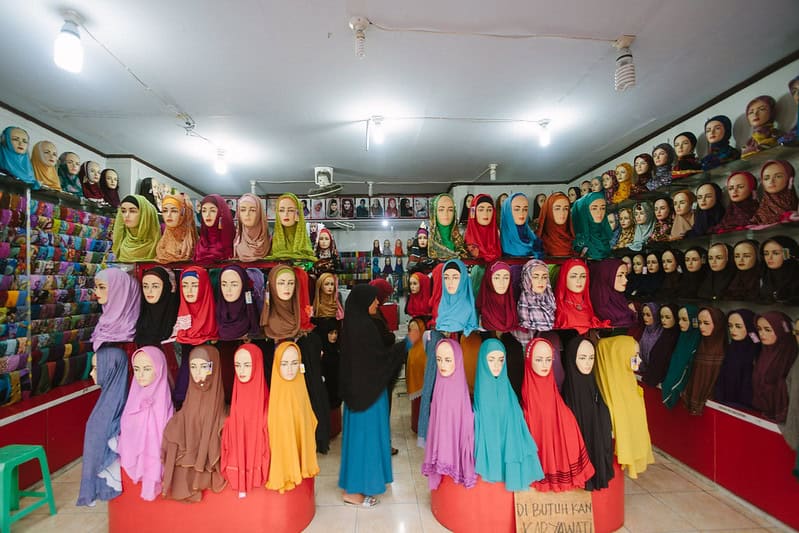
In Iran, the display of mannequins without headscarves in store windows is banned to comply with the country’s strict dress codes. The regulation ensures that public displays adhere to Islamic values and cultural norms. Shop owners must dress mannequins in accordance with these standards to avoid fines or penalties. This rule reflects the broader societal emphasis on modesty and religious observance. Retailers must navigate these restrictions while showcasing their products.
Red Bull – France

For several years, France banned the sale of Red Bull due to health concerns over its high caffeine and taurine content. The ban was based on studies suggesting potential adverse health effects, including increased risk of heart problems. Although the ban has since been lifted, it highlighted the cautious approach towards energy drinks in France. The regulation underscored the importance of public health and safety in consumer products. Red Bull’s return to the market came with heightened awareness and regulation.
Feeding Homeless People – Various U.S. Cities
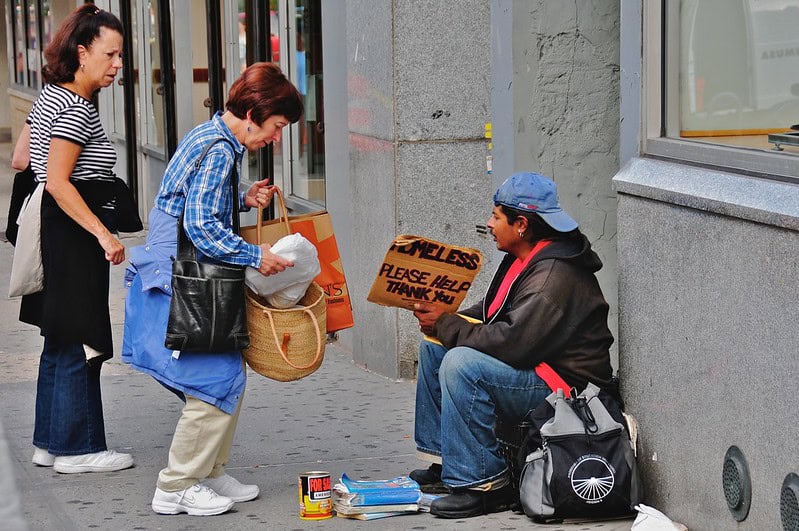
Several U.S. cities, including Orlando and Philadelphia, have implemented bans on feeding homeless people in public spaces. These regulations aim to manage public health and safety, as well as to encourage the use of established shelters and services. Violators can face fines or other penalties for unauthorized food distribution. The bans have sparked debates about the best ways to address homelessness and provide support to those in need. The regulations highlight the complexities of urban social policies.
Yoga Pants – Montana State Legislature, USA

In a surprising move, Montana’s state legislature once considered banning the wearing of yoga pants in public, classifying them as indecent exposure. The proposal was part of a broader bill addressing public decency laws. Although it did not pass, the suggested ban drew significant public attention and criticism. The incident highlighted ongoing debates about public decency, personal freedom, and fashion. The proposal remains a notable example of unusual legislative efforts.
This article originally appeared on Rarest.org.
More From Rarest.Org
Collecting celebrity memorabilia has become a popular and lucrative hobby, with some items fetching astonishing prices at auctions. These pieces offer a tangible connection to iconic moments and figures in entertainment, sports, and history. Read more.
The world of horse racing and equestrian sports is filled with majestic and high-value horses. These incredible animals command astronomical prices due to their pedigrees, performance records, and breeding potential. Read more.
1986 Lincoln Penny Value Guide

The 1986 Lincoln Penny is very contemporary in terms of coin collection, and it is frequently found in change. The 1986 penny’s value is decided by its sentimental value unless it’s a rare mistake coin. Read more.

